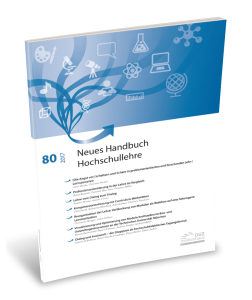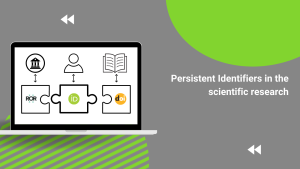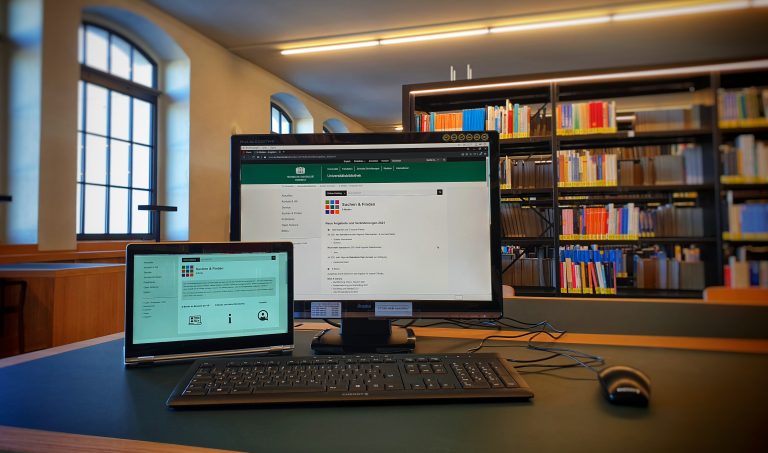
Chemnitz University Library has acquired the licence for the database “Neues Handbuch Hochschullehre”. The contents are particularly relevant for lecturers at Chemnitz University of Technology at all levels who want to improve their teaching.
Among other things, you will learn how to
- supervise students in an activating and motivating way,
- plan and organise events in a way that is suitable for students,
- use digital media sensibly,
- promote key competencies and academic work,
- accompany and check competence-oriented learning processes despite tight curricula,
- evaluate events and departments.
Access to the website is now possible through the university’s IPs here: https://www.nhhl-bibliothek.de

 The University Library has licensed two databases from Oxford University Press as trial access. Both are available until January 31st, 2023, after which a decision will be made on further licensing depending on usage.
The University Library has licensed two databases from Oxford University Press as trial access. Both are available until January 31st, 2023, after which a decision will be made on further licensing depending on usage.


